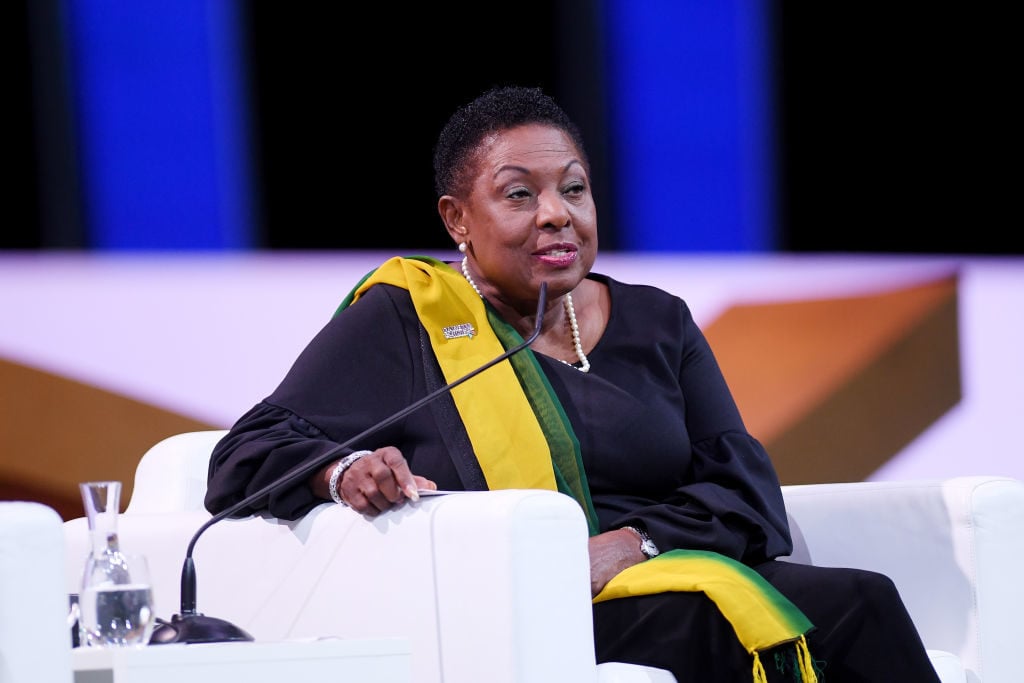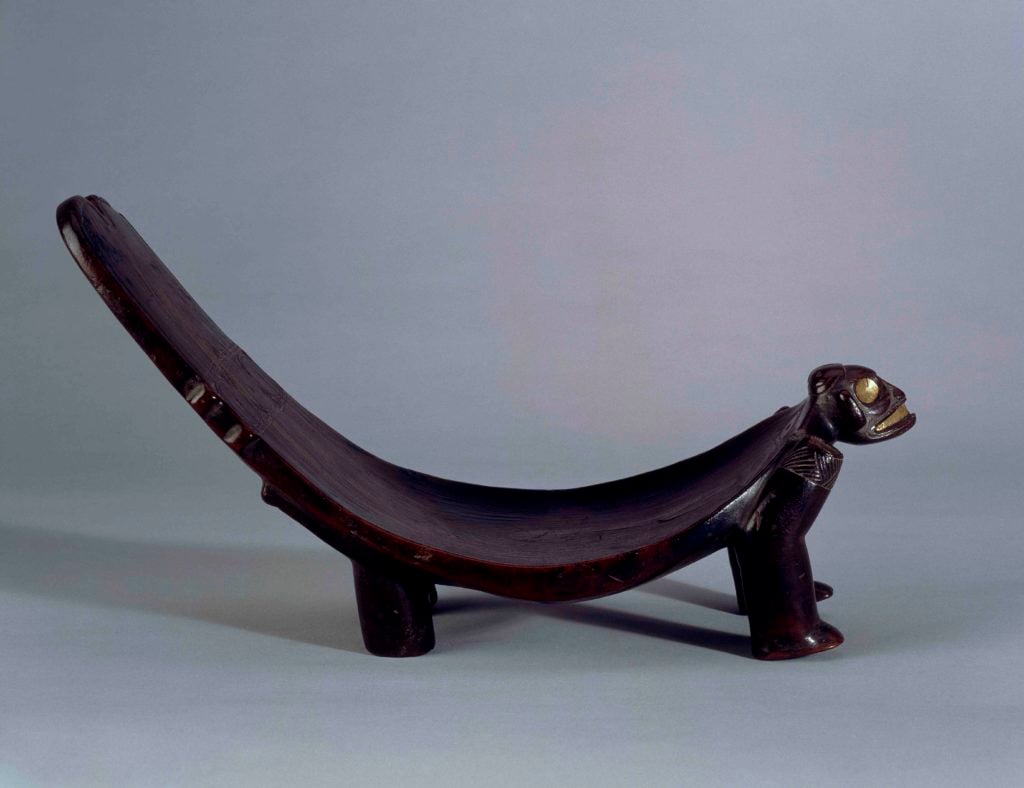Politics
Jamaica Joins a Growing Number of Nations Calling on the British Museum to Repatriate Its Cultural Artifacts
The Caribbean nation's culture minister wants to see its indigenous objects returned.

The Caribbean nation's culture minister wants to see its indigenous objects returned.

Naomi Rea

A member of the Jamaican parliament has called out the British Museum for holding onto indigenous cultural heritage, joining growing calls worldwide for the repatriation of artifacts collected during the colonial era.
The Caribbean nation’s culture minister made a public call for the British Museum to repatriate ancient cultural artifacts taken when the island was a British colony, beginning in the 16th century until its independence in 1962. During a speech in the Jamaican parliament on Tuesday, minister Olivia Grange singled out the UK museum for holding several objects from Jamaica’s indigenous Taíno culture, few of which are on display.
Two objects of particular importance are a bird–man spiritual figure, and another of the rain god Boiyanel, which were each found in a cave on the island nation in 1792.
“They are not even on display,” Grange said, according to the Jamaica Gleaner. “They are priceless, they are significant to the story of Jamaica, and they belong to the people of Jamaica.” She added that her ministry is working with the government of Jamaica’s National Commission on Reparations to see them returned.
Grange did not name other institutions that are holding Taíno objects taken from the island during early archaeological digs. Museums including the Metropolitan Museum of Art and El Museo del Barrio in New York, as well as the Smithsonian’s National Museum of African American History & Culture, also have Taíno artifacts in their collections, though the objects are not all necessarily from Jamaica, as the Taíno people lived on several Caribbean islands.

Taíno riutal seat. Image copyright Trustees of the British Museum.
A spokeswoman for the British Museum tells artnet News that the institution has not yet received an official repatriation request from the Jamaican government. She explains that British Museum’s Taíno objects were acquired with the Oldman collection in the early 20th century. William Ockleford Oldman was a British dealer and collector of ethnographic art.
In response to the Jamaican minister’s statement that its historical objects are not on display, the museum spokeswoman says that there are examples of two Taíno objects, a stool and a standing figure, which have been on display in the British Museum’s Enlightenment Gallery since 2009. The gallery celebrates the institution’s founders and features an array of acquisitions made from the late 18th century.
“Taíno objects in the collection have been lent extensively to India, Japan, Spain, France, Singapore, and the Horniman Museum in London,” the spokeswoman adds. “The Taíno ritual seat was part of the “A History of the World Tour” which has been seen by well over a million people at multiple venues.” She emphasizes that the museum is also involved in several collaborative research projects with island governments and museums in the Caribbean.
Jamaica’s request comes at a time when Western museums come under increasing pressure to repatriate artifacts collected during the colonial era, as well as human remains. The British Museum has long been subject to requests for the repatriation of artifacts, most notably by Greece for the Parthenon Sculpture in London. Recently, African nations, invigorated by a radical French report recommending France to return all such objects, have begun requesting the return of colonial-era objects. Representatives from the Rapa Nui people recently traveled to London to lobby for the return of a monumental ancestral statue, which was removed from Easter Island by the Royal Navy in 1868.